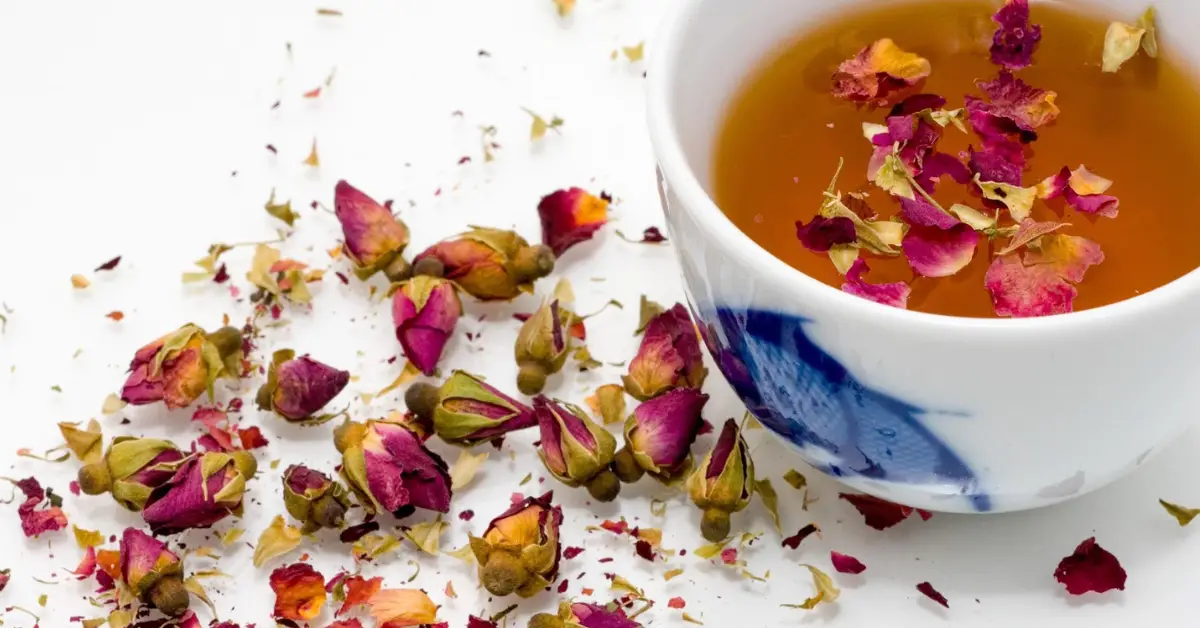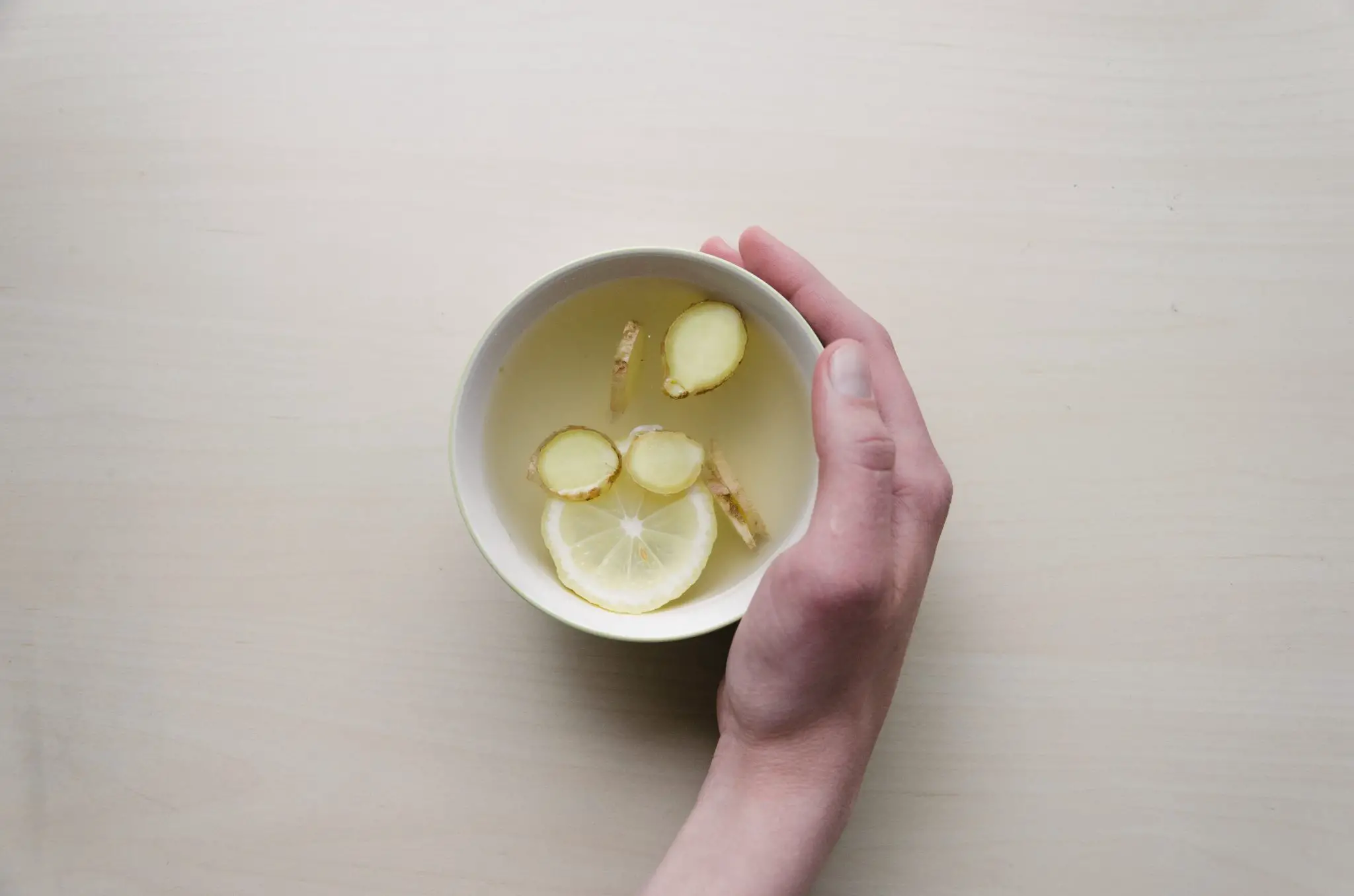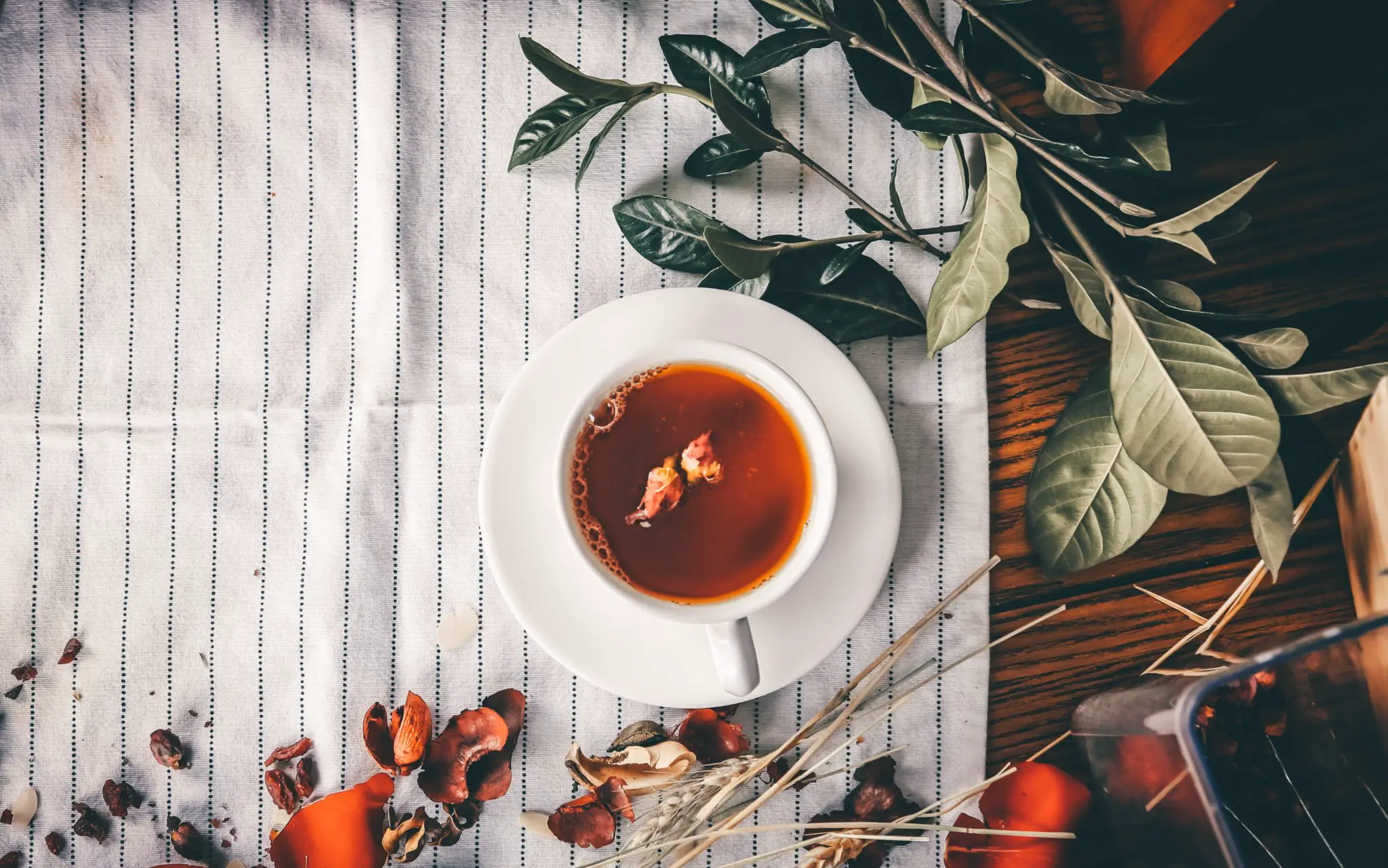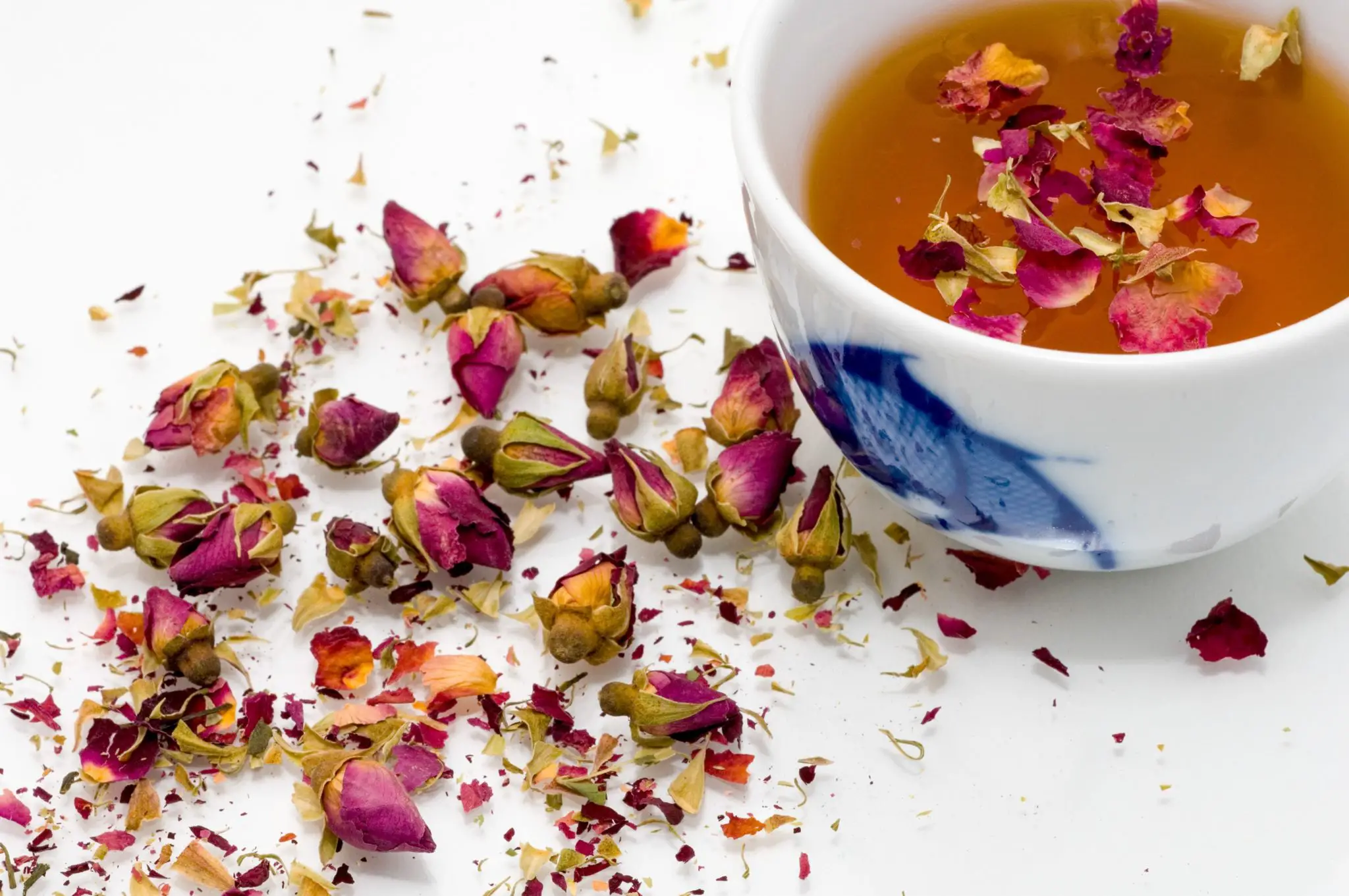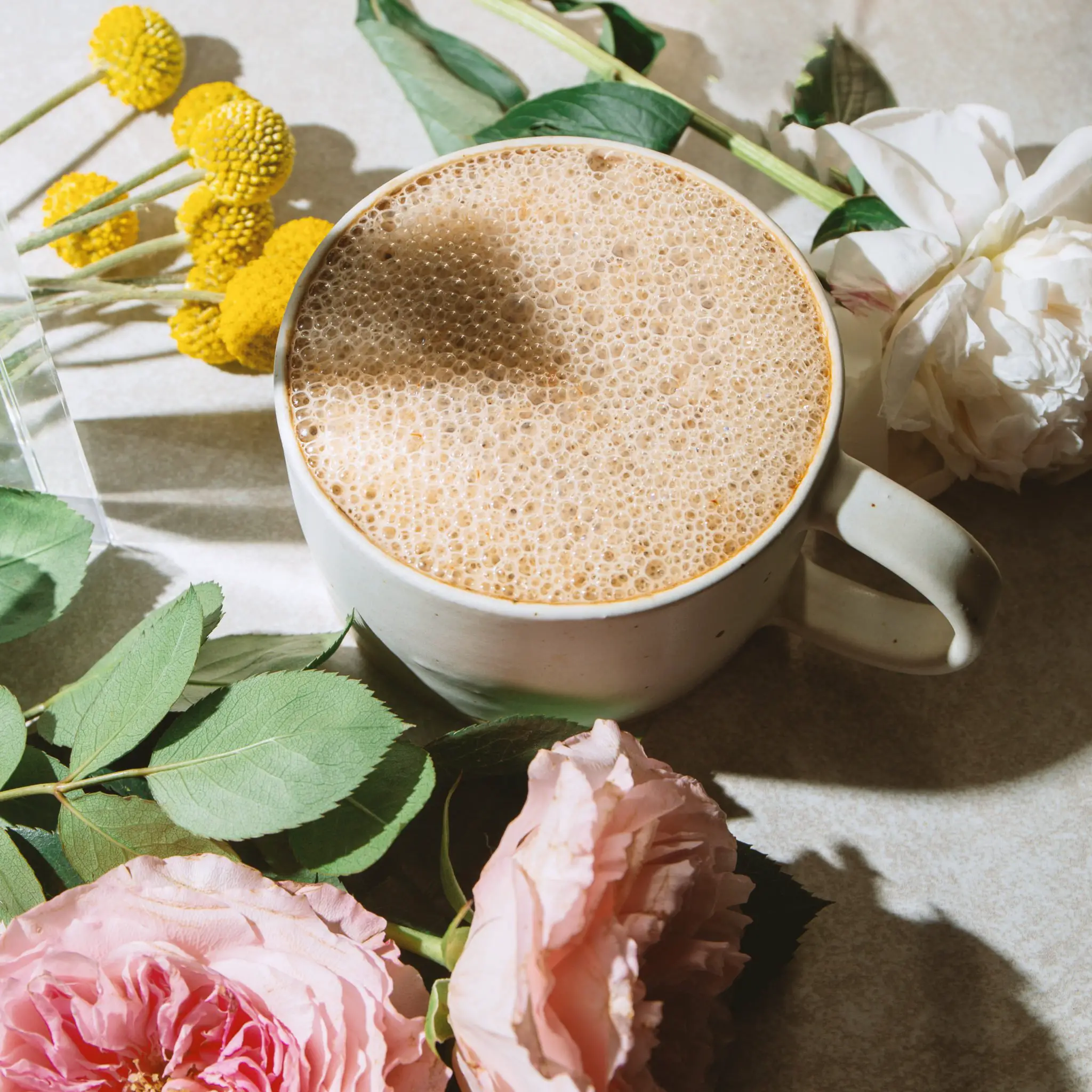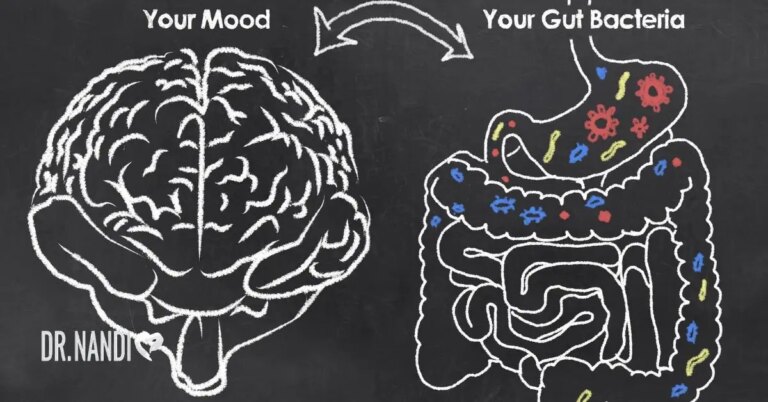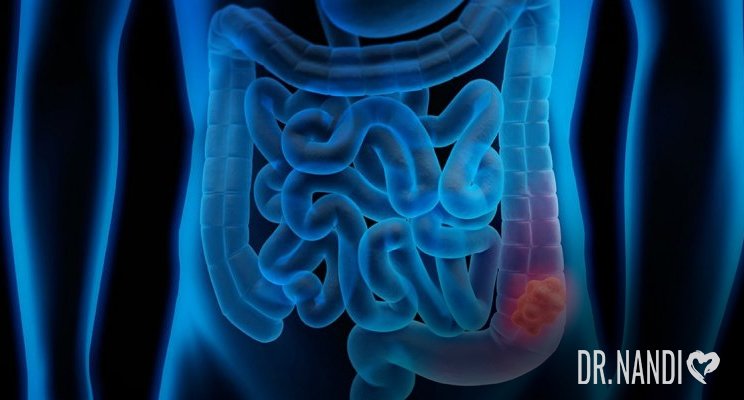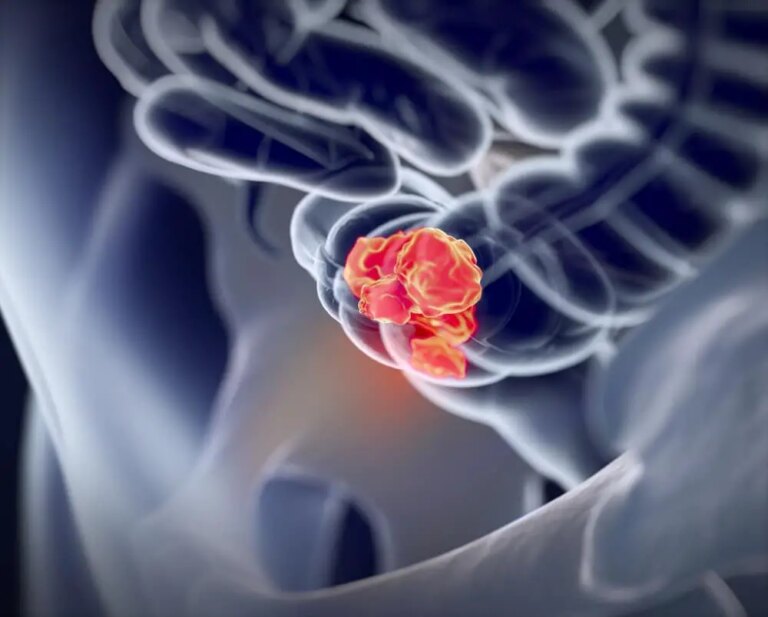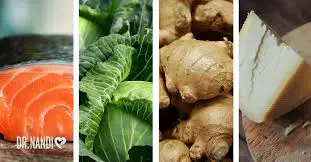This “Immortal Health Elixir” protects your gut and may also be the healthiest beverage in the world!
People have been drinking tea for thousands of years. If tea isn’t part of your regular diet, you are missing out! This beverage is great for your overall health. It contains beneficial nutrients like antioxidants and prebiotics. It can soothe an upset stomach, improve focus, ease headaches, and boost energy—to name a few. Tea has many other health benefits, too. Keep reading to learn more about these benefits and which tea is proper for you!
Key Tea Nutrients
Tea contains an array of essential nutrients. Tea made with tea leaves (black, green, white, oolong, and pu-erh) contain antioxidants and can act as prebiotics. Antioxidants fight free radicals. Prebiotics feed the “good” bacteria in your gut.
Other kinds of tea are technically not “tea.” They are not made with leaves from the Camellia sinensis plant. These other teas come from different plants. Because of this, they all contain different beneficial compounds. These compounds depend on the plant. However, some teas have the same or similar beneficial nutrients. Some include antioxidants, fiber, and prebiotics.
These critical nutrients in all kinds of teas benefit health in different ways. One of those ways is through gut health!
What Exactly is Gut Health?
You may have heard that scientists have started calling the stomach your “second brain.” The gut has a complex neurological network that is vital to your well-being. For good “gut health,” the goings-on in your stomach and digestive system needs to be in tip-top shape.
What Does Good Gut Health Look Like?
A healthy gut digests well from your mouth to your stomach, intestines, colon, and other ends. Imagine not feeling bloated. No nausea, gurgly, or stomach pains. Food goes in smoothly, and waste exits easily.
That is good gut health!
How Can Tea Improve Your Gut Health?
Several teas can help your gut in numerous ways! Teas can soothe an upset stomach and reduce nausea, bloating, cramps, and gas. Tea can also be beneficial for diarrhea and constipation. Here are 9 different teas that can help your upset stomach.
Green Tea
The steaming process involved in making green tea releases antioxidants. One of those antioxidants is a polyphenol called catechin. Studies show that catechin has a positive impact on gut health.
Black Tea
Polyphenols in black tea can help improve gut health. Research shows they can decrease the “bad” bacteria in the gut, called Firmicutes bacteria. This bacteria is associated with obesity. These polyphenols also increase “good” bacteria, called Bacteroidetes. That bacteria is related to lean body mass.
Pu-erh Tea
If you overeat or drink too much, pu-erh tea can help. This fermented tea has been shown to ease discomfort associated with eating or drinking too much.
Fennel Tea
This tea is made from the leaves of the fennel plant. Fennel tea can help an upset stomach by relieving cramps, bloating, and gas. It can also reduce feelings of nausea.
Holy Basil Tea
Holy basil tea has been shown to prevent and heal stomach ulcers. These ulcers are also called gastric ulcers. They are sores in the stomach lining. Holy basil tea helps these ulcers by reducing the amount of acid in the stomach. It also helps improve the stomach’s mucus lining.
Licorice Tea
Tea made from licorice root can be used to soothe an upset stomach. It’s used to reduce stomach inflammation. One possible cause of this inflammation is “bad” bacteria in the gut. This bacteria is called Helicobacter pylori (H. pylori).
Ginger Tea
You might already know that ginger can help with an upset stomach. Ginger tea has more beneficial compounds than ginger ale. You can use ginger tea to help alleviate nausea, reduce inflammation, and support digestion.
Teas for Stress
Stress can manifest itself in many ways: a stomach ache, headache, increased heart rate, irritability, and jitters, among others. Fortunately, several different teas can help these ailments.
Dealing with an Anxious Stomach
An “anxious stomach” is often the result of stress. It comes in different forms. Teas for upset stomach, like ginger and licorice, may help. Hawthorne is another tea that may help.
Hawthorne
Hawthorne has historically been used to help anxiety. It can specifically be used to help with digestion and even kidney health.
Teas for Other Symptoms of Stress
Passionflower
This tea can be used as a mild sedative. Specifically, passionflower tea can be used to help reduce anxiety and improve sleep. There are several other possible benefits from passionflower, too.
Ashwagandha
Research has found that this tea can lower the stress hormone, called cortisol, in your brain. It means that ashwagandha can help with stress and even insomnia.
Siberian Ginseng
This herb is an adaptogen and helps the body and mind better handle stress. Siberian ginseng may also help improve memory and focus.
Teas for Headaches
A common symptom of stress is the dreaded headache. However, headaches can occur for any reason, including allergies and dehydration. Here are a few teas that can help alleviate a headache.
Mint Tea
Specifically, peppermint tea can help get rid of a headache. Applying peppermint oil to your temples can even help, too.
Feverfew Tea
This tea has a long history of medicinal use. Migraine headaches are one ailment feverfew has been used for.
Clove Tea
Clove tea may help with headaches due to its antinociceptive properties. These properties can help reduce your perception of pain. So, the headache doesn’t go away, but you won’t feel it as much, if at all.
White Willow Bark
White willow bark contains salicin, which is similar to the active ingredient in aspirin. It can reduce the tension related to a headache.
Other teas that may help with a headache include ginger and chamomile teas.
Best Teas for Detox
Some of the best teas for detox have been previously mentioned in this article. The best teas for detoxifying the body depend on what kind of detox you want—black tea and green tea help with bloating and are rich in antioxidants. Any tea with antioxidant properties can help detox the body.
Other teas for detox include:
- White: This tea is suitable for a detox focused on digestive health or weight loss. White tea has a high amount of antioxidants called catechins. Catechin can act as a prebiotic and help ease digestive discomfort. White tea also contains caffeine. Combining with one particular catechin called EGCG can help boost metabolism. A faster metabolism can contribute to weight loss.
- Oolong: Oolong tea is a great coffee substitute if you want to do a coffee detox. Oolong tea contains about 30 mg of caffeine per serving. It can also help boost metabolism and provide healthy antioxidants.
- Pu-erh: Adding pu-erh tea to your diet can benefit your skin health. Pu-erh is loaded with antioxidants. These antioxidants can help cleanse your skin of harmful free radicals. Detoxifying with Pu-erh tea can protect and refresh your skin’s appearance.
Rid Your Body of Toxins with a Teatox
If you have heard of a detox, you may have heard of a teatox. Here are some frequently asked questions about both.
What is a detox?
There are many different kinds of detoxes for the body. A detox (short for detoxification) helps rid the body of toxins. Toxins are harmful pollutants, chemicals, heavy metals, and other compounds found in our environment and diet. Detox is intended to improve health and problems like digestive issues, bloating, and inflammation.
Can I use tea to detox?
Yes! Tea detoxes, also known as “teatoxes,” are a common form of detoxifying your body.
How does tea detox my body?
The human body is excellent at getting rid of toxins. Tea helps boost that function. Different teas aid specific bodily processes, like keeping your bathroom visits regularly. Teas also contain antioxidants, like polyphenols. Antioxidants fight and prevent damaging effects from toxins from fried foods, alcohol, smoke, pesticides, and air pollutants.
What benefits do I get from a tea detox?
Replacing certain foods and drinks with tea can have beneficial and noticeable effects right away. Those benefits include less bloating, improved digestion, and better sleep. Some longer-term effects are a boosted metabolism, weight loss, and less “brain fog.”
Final Thoughts on the Health Benefits of Tea
Tea has many uses. It can come from tea leaves or be made with many other sources. Some teas are helpful to help improve gut health. Others help detox the body. Teas can also help with headaches, allergies, stress, and other ailments. With so many teas available, you’re bound to find something right for you.
An excellent tea to drink is Pique Tea – a convenient, pure, and high-quality tea with superior testing. When you’re drinking something every day, you want to make sure it is pure. Pique Tea is the only tea company to Triple Toxin Screen for heavy metals, toxic mold, and pesticides.
The Cold Brew Crystallization process eliminates all heat and extracts maximum antioxidants from tea leaves. It creates Tea Crystals with up to 12 times the antioxidants of regular tea (as verified by independent parties). You’re getting the most from every brew.
The teas are also organic, additive-free, and sugar-free and dissolve in warm or cold water so that you can enjoy a perfectly brewed cup of tea on the go.
Since you’re part of the Dr. Nandi tribe, you can get up to 14% off their Tea Crystals (with purchase) and an easy-to-follow 28-Day Gut Health Protocol, plus free shipping! Following this protocol will guide you to better gut health and experience all the excellent benefits of tea!
Learn more about Pique Tea and get this special offer before it ends here.
No matter which tea you drink, the good news is you’re benefiting from the high polyphenol content in these teas. Knowing exactly how different polyphenols affect the gut, you can adopt a more innovative approach to your beverage selection.
References:
- https://www.nutraingredients.com/Article/2006/12/20/Tea-polyphenols-antioxidants-or-prebiotics
- https://www.psychologytoday.com/us/blog/the-fallible-mind/201701/the-pit-in-your-stomach-is-actually-your-second-brain
- https://www.ncbi.nlm.nih.gov/pubmed/15464031
- http://www.herbaleducation.net/fennel
- https://www.healthline.com/health/stomach-ulcer
- https://www.ncbi.nlm.nih.gov/pmc/articles/PMC4296439/
- https://www.medicinenet.com/gastritis/article.htm
- https://nccih.nih.gov/health/passionflower
- https://www.ncbi.nlm.nih.gov/pubmed/23439798
- http://pennstatehershey.adam.com/content.aspx?productId=107&pid=33&gid=000250
- https://www.healthline.com/health/headache-tea#peppermint
- https://www.ncbi.nlm.nih.gov/pmc/articles/PMC3210009/
- https://www.healthline.com/health/headache-tea#clove
- https://www.medicaldaily.com/miracle-tree-6-health-benefits-willow-bark-get-you-chomping-bit-330070
- https://www.drlam.com/blog/best-tea-for-detox/
- https://www.sciencedirect.com/science/article/pii/S0891584916306694?via%3Dihub
- http://web.stanford.edu/group/hopes/cgi-bin/hopes_test/about-free-radical-damage/



